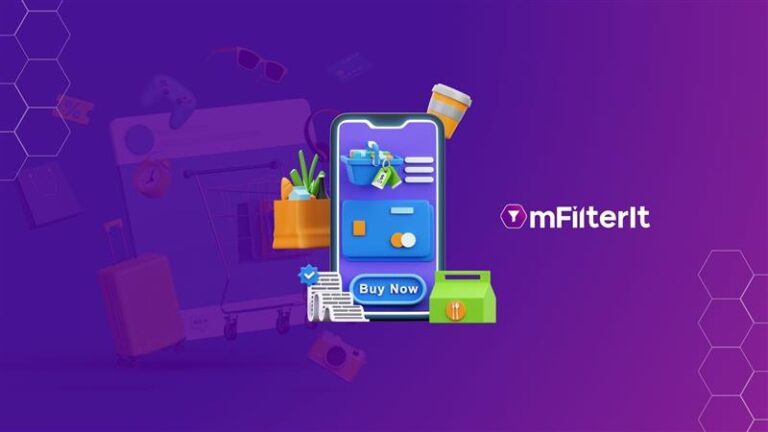E-commerce paced up the sale of products largely due to convenience, and quick commerce is boosting these sales through faster deliveries. Earlier online shopping orders were delivered within a week. Then, Amazon introduced two-day, one-day, and same-day delivery, implementing the same approach for groceries or daily need products. Today, Dunzo, Instamart, Zepto, BlinkIt, and other brands have become pioneers in quick deliveries.
Quick commerce refers to the delivery of online orders within 15-30 minutes. The fast-delivery concept was first implemented by Domino’s, and you can recall it if you ever received a free pizza due to a delay in delivery. Quick commerce has rapidly gained the attention of Gen Z and millennials who want to watch their favorite sport or movie at home.
Both groups made unplanned orders in 2021, which enhanced the purchase of consumables within the year. According to the same source, the Q-Com industry had a revenue of $100 million in 2021, and 70% of the Indian Q-Com revenue came from Delhi, Bangalore, and Mumbai. During the pandemic, safe deliveries were the trend; however, Q-Commerce is bringing its fast-paced delivery concept into the limelight.
Q-Commerce has become a substitute for phone-based orders from the nearest retailers and a swift mechanism for receiving frozen, pre-packaged, and fresh orders. Brands offering this service focus on order fulfillment, timely reachability, and swift packaging, which has raised the demand for Micro-Fulfillment Centers (MFCs).
Similarly, brands like Buyk are building pipelines based on buyer personas. For example, ordering seasoning for cooking a meal. While the concept is growing in the minds of the buyers, brands face some major challenges in resolving the need to provide everyday need products.
Table of Contents
ToggleHow Quick Commerce Works?
The general concept of Q-Com is that the customer adds products to the basket, and places an order, which is received by the platform, packaged, collected by the delivery partner, and delivered to the customer’s doorstep. Essentially, Q-Commerce is a form of e-commerce; however, the brands have separate warehouses, commonly referred to as “dark stores,” and deliver within 30 minutes. But, initially, Grofers (now BlinkIt) began the concept of fast doorstep delivery by connecting with local retailers.
Also, unlike e-com orders, which often include delivery charges unless a minimum order value is passed, many Q-Com brands offer cheaper cost products in small basket orders with no such fee. Moreover, customers have the option to make orders 24×7, which likely results in impulsive buying during overnight stays, all-night parties, etc.
Challenges Faced by Q-Com Brands and mScanIt Solutions
-
Keeping An Optimal Price
Globally, 52% of online shoppers make purchase decisions because of the delivery speed, whereas 38% of consumers buy products due to free or discounted shipping. We have already covered that most Q-Com brands offer both of these advantages. Also, the price was the main reason that influenced the shopping decisions of 87% of the consumers in the U.S.
So, it would be safe to assume that when delivery speed and fee are no longer concerns, it will remain the likely choice unless the desired product or its quantity remains unavailable. Under such a scenario, keeping an optimal price becomes a primary concern of the Q-Com brands, and keeping an eye on the competitors becomes necessary. mScanIt helps brands review the price differences across online shopping platforms, resolving one of the biggest issues.
-
Managing Stock Availability
Stockouts are one of the leading reasons for switching apps, brands, or variants. Also, consumer behavior is rapidly evolving due to Q-Commerce. The changing needs demand managing the growing stock availability and avoiding stockouts.
With rapid orders and impulsive buying heightened, the need to manage stocks at pin code, zonal, platform, sub-category, sub-variant, and other levels becomes important. mScanIt meets these requirements by showing stock availability daily, weekly, and monthly, with real-time insights, while showing competitor availability across online marketplaces.
The analytics deep-dive into stock availability and help brands avoid stockouts at distinct levels to meet the forecasted requirements.
-
Safeguarding Brand Reputation
Quick deliveries don’t mean that consumers would remain satisfied with their orders. Their reaction would have the same sentiment intensity, similar to a regular online shopping experience. However, they might appreciate swift doorstep reachability, which has become a likely factor in reviews and ratings.
The demand for safeguarding brand/product/seller reputation has become crucial, and Q-Commerce enhances the chance of replying and resolving consumer issues in real time. Simultaneously, knowing the standing of competitor listings at all levels gives a brand a better perspective of areas of improvement, and mScanIt offers such issues as part of its dashboard.
Final Words
Q-Commerce brands are transforming consumer behavior, and the changing needs require a solution to manage all aspects that remain relevant across e-commerce platforms. However, price optimization, safeguarding brand reputation, and managing stock availability would take the lead for Q-Com sellers.
Brands need a solution that can manage the factors impacting product listings, sales/revenue, content, advertisements, etc., and mScanIt offers deep-diving into all these aspects.
For more information about the advantages of eCom Competitive Analytics for your brand, connect with us through email or leave us a comment.




